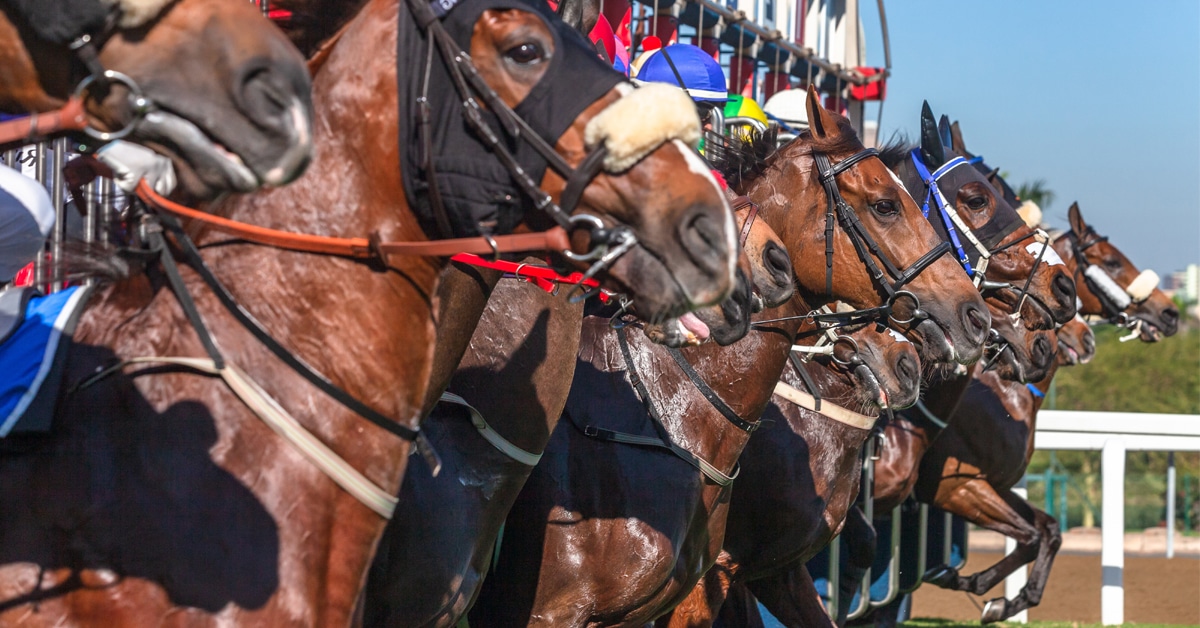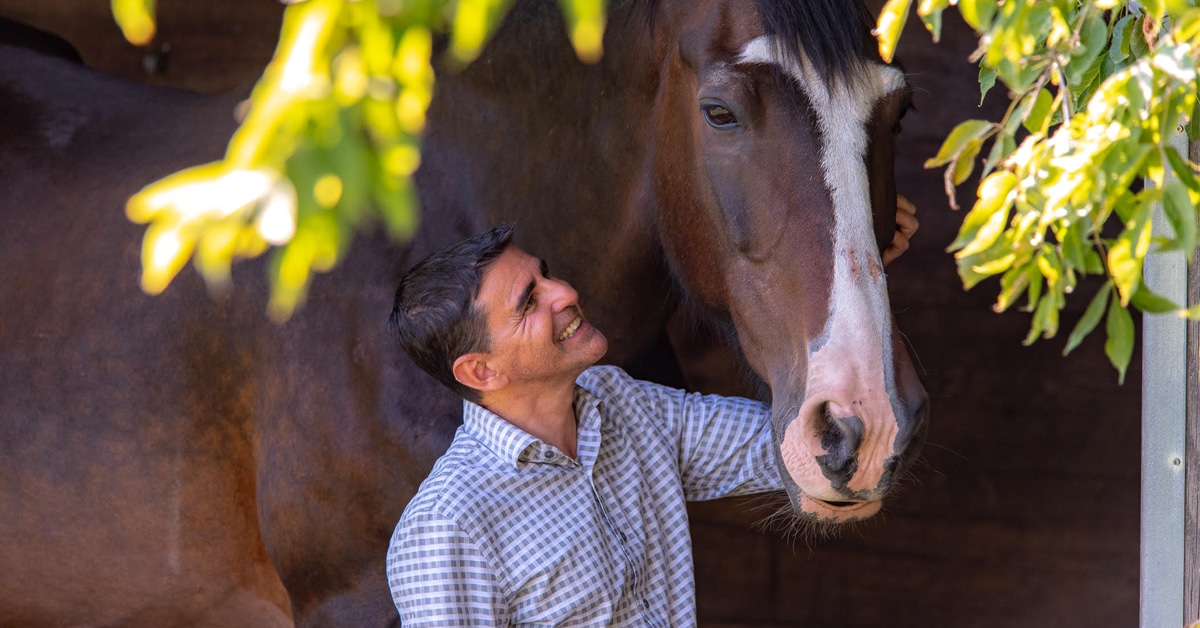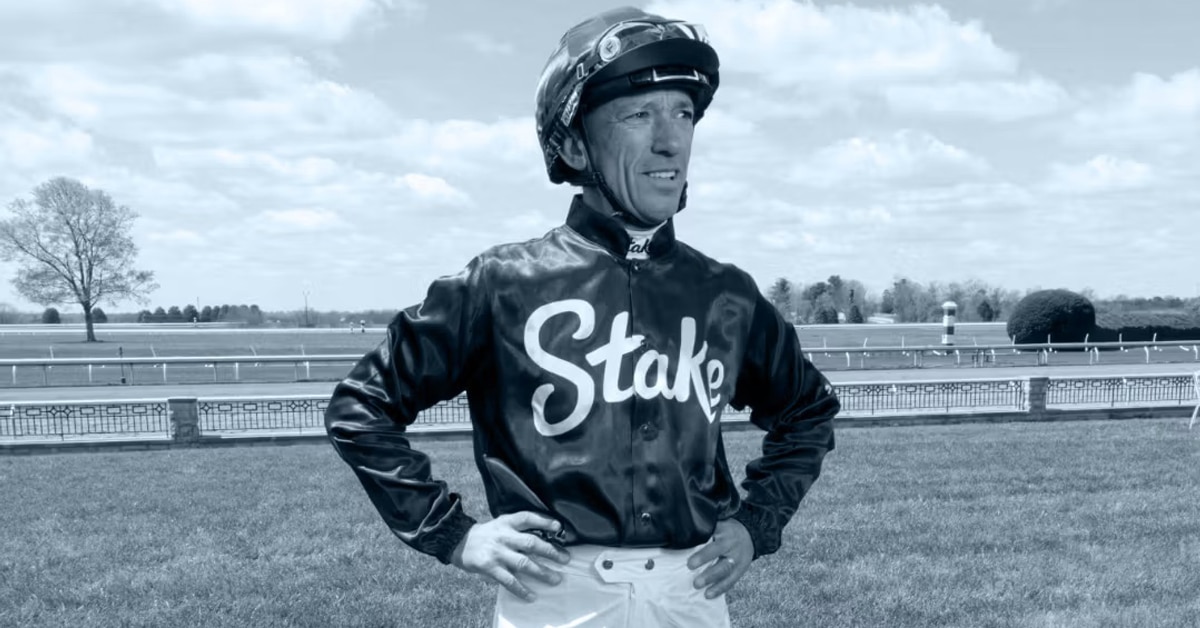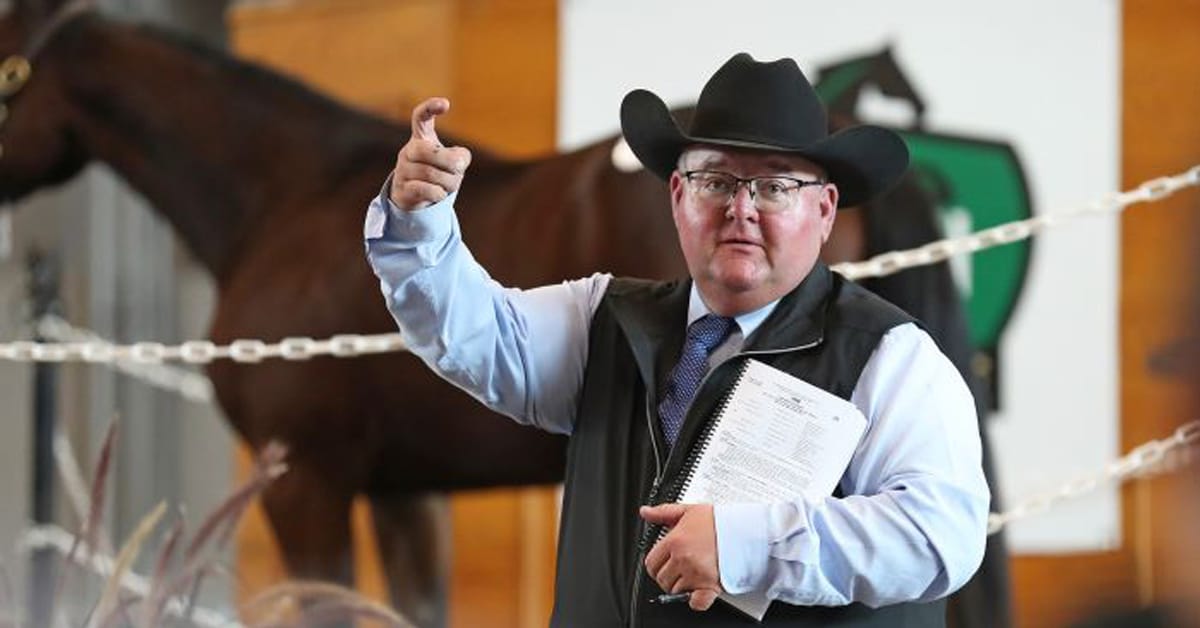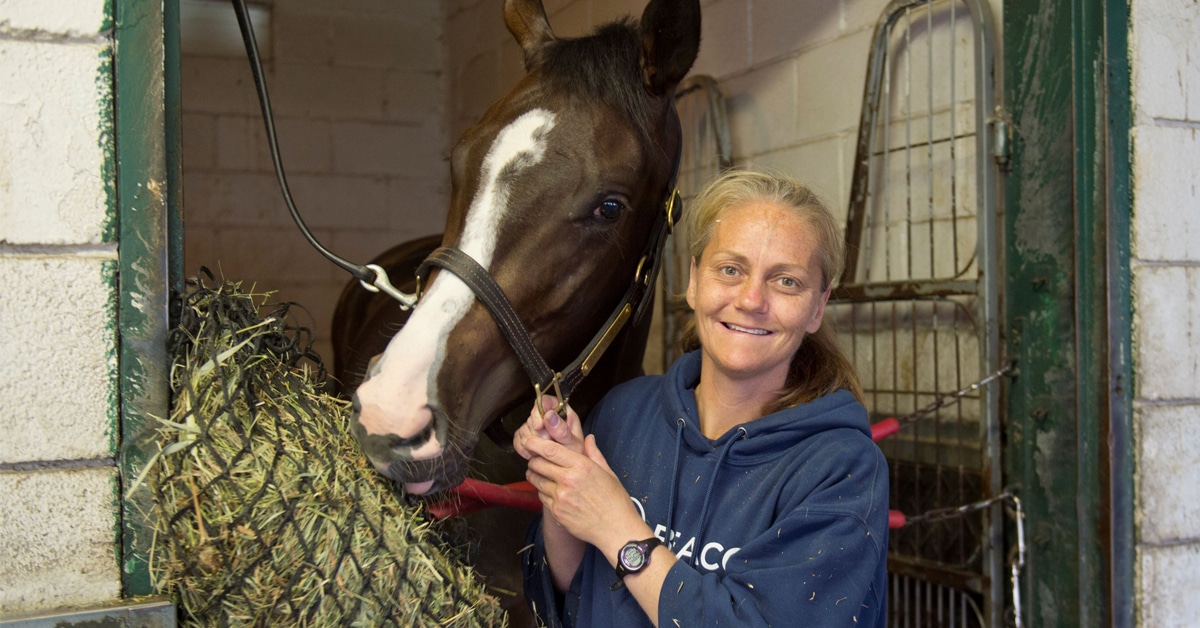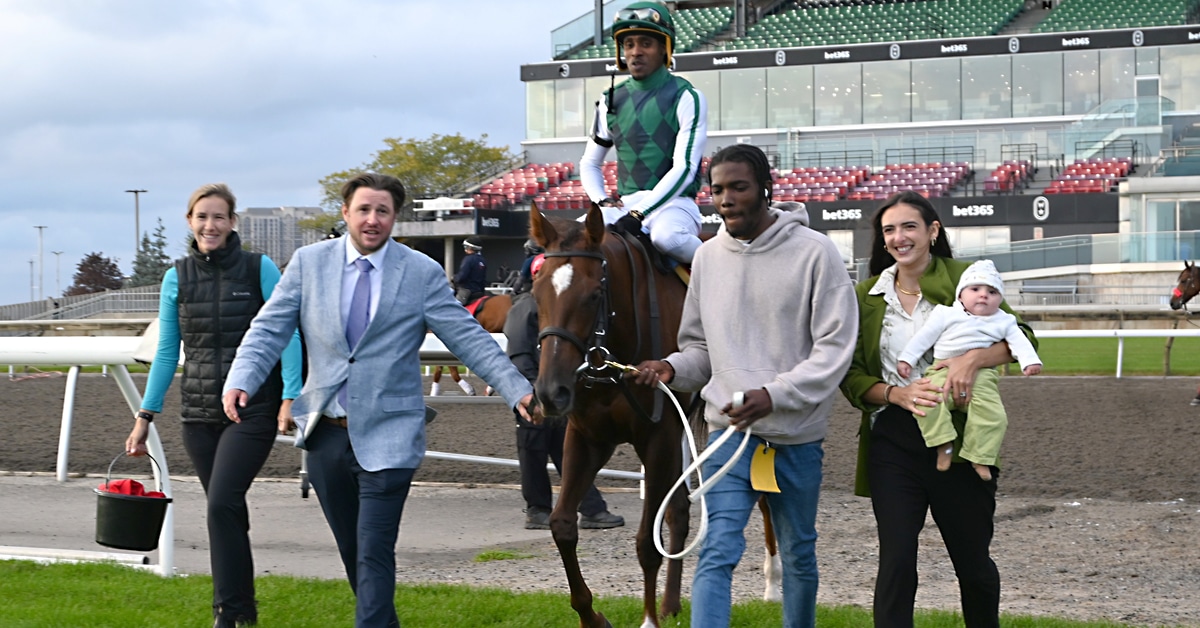Apart from being the breeder of 2018 Horse of the Year Wonder Gadot and a number of high-priced yearlings selling in Kentucky, David Anderson has been particularly active of late advocating on behalf of Ontario breeders for improvements to awards as the thoroughbred breeder representative on the board of Ontario Racing (OR). He also sits on the boards of the Jockey Club of Canada and the Horsemen’s Benevolent and Protective Association (HBPA) of Ontario where, respectively, his focus is on improving the Canadian tax code for owners and increasing purses and safety for participants.
What are the most critical challenges facing the industry in Canada today?
“There is no question that we are in a breeding crisis here in Canada. The lack of breeders/owners and subsequent horse shortage is a major concern for racing sustainability going forward.
“Increased competition from other gambling opportunities has left the horse racing industry on their heels with their archaic wagering products.
“Canada’s unfair tax treatment of the horse racing and breeding industry is repugnant. We are the only industry in Canada that cannot deduct 100 per cent of our losses.”
What needs to change about the industry in the next 5-10 years?
At the end of the day it’s all about wagering and we desperately need new and innovative wagering products. We need to make it easier for people to understand and gamble on our product. The OLG has really handcuffed our industry in Ontario and this needs to change. We are their partners, not their competition. If sports betting comes to fruition here in Canada, we need to be partners on this initiative. If not, we will see even more increased competition and risk further erosion.
Section 31 of the Tax Code has to either have its deduction limits increased significantly or be abolished all together. We are at such a disadvantage to the rest of the world, not just our U.S. counterparts.
“Purses drive everything. Purses create owners, owners become breeders. With the addition of the new casino, Go station and other commercial/residential development at Woodbine, we are in a very fortunate position that sources of revenue other than wagering will allow us to maintain some of the highest purses in North America. As this development rolls out and the horsepeople share in these revenues, we should have one of the most viable racing jurisdictions in the world.
“Public perception of our industry is very important. We need to ensure that health and safety for our equine and human athletes is a top priority including Aftercare.
“The Canadian breeders are the foundation of our industry. If we don’t have a proper foundation we can’t properly lay the bricks. In conjunction with strong purses, there has to be healthy breeders awards to ensure the breeders are entitled to their fair share of the funding. The game has changed. It is not what is was 10 years ago. Breeders need to adapt and invest where they can make money. Quality mares are the key to any successful breeding operation, not the stallion. The old business model is not working.
“We need to attract new customers, but we also need to look after existing customers in a better manner. For me, losing an existing customer is far worse for business than the gratification of gaining a new one. Customer service is monumental.
“We need to maintain a quality racing product at Woodbine. We cannot become a “B” quality track running cheap claiming horses. Recruitment of better trainers, owners and horses is paramount.”
How can you help affect that change?
“I currently sit on the following industry boards in Canada: Ontario Racing – My main focus this year is to get as much HIP funding as possible for the Ontario breeders and increase/re-allocate breeders awards as well as new incentives.
“Jockey Club of Canada – Changes to Section 31 are my focus.
“H.B.P.A. – We negotiated a significant four-year purse increase with Woodbine this past year. Will continue to work with the racetracks and help the horse people of Ontario with their safety, benefits and benevolence needs.
“I will continue to breed in Ontario. I will continue to try and be an example for breeders that you can be successful as a commercial breeder here in Canada.”
Where do you see the thoroughbred industry in Canada in 10 years?
“Canadian bred horses continue to run at the highest levels on the world stage. We should all be very proud. I am confident that will continue.
“We can’t rely on continuous, so-called “handouts.” The sooner people realize that we must be self-sustainable for both racing and breeding, the better off we will be.
“I’m in the horse business, I’m a glass is half-full guy. We can’t take anything for granted, but if the changes I have stated occur, I think the thoroughbred industry will be in a very healthy position in 10 years.”
The Latest

